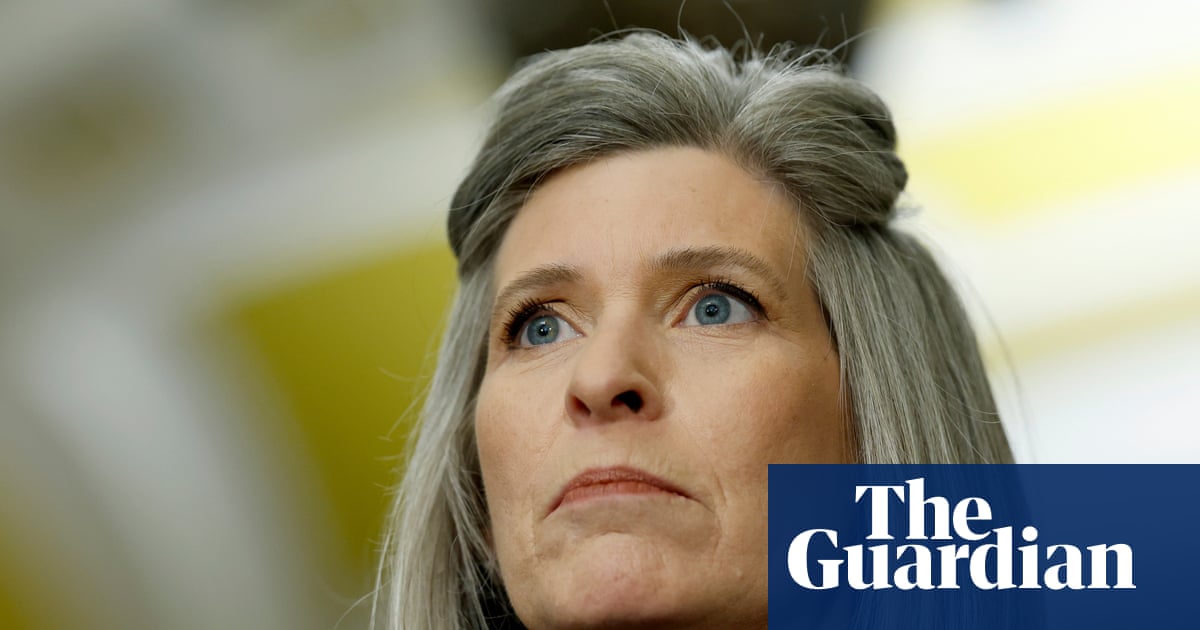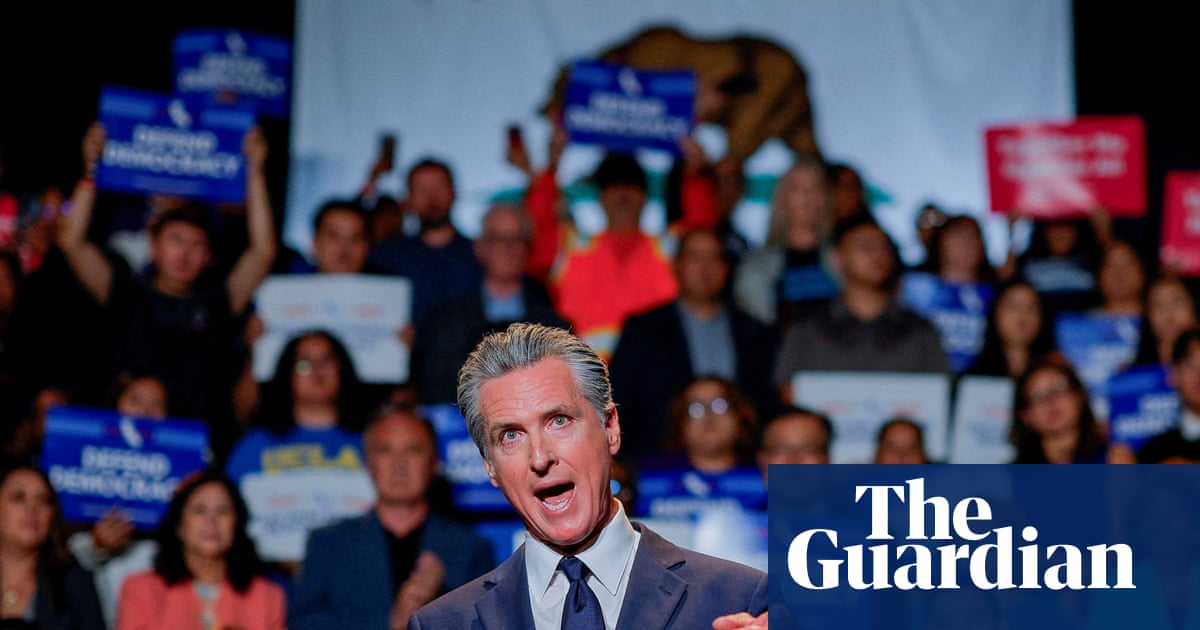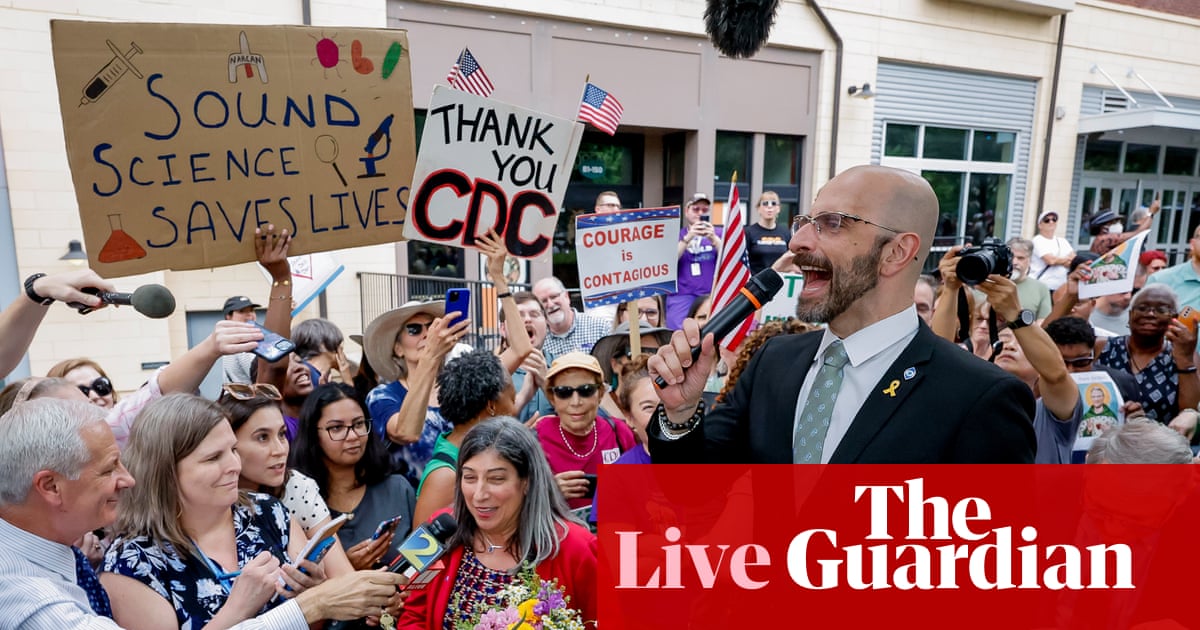No part of the Trump 2.0 agenda has been more revealing to the ideological intentions of the administration than the sustained efforts that insist upon a “pro-American” version of history. It is an effort that has taken many forms, including a recent letter sent by the White House to the Smithsonian announcing that there will be a review of the national museums’ semiquincentennial plans to “insure alignment with the president’s directive to celebrate American exceptionalism, remove divisive or partisan narratives, and restore confidence in our shared cultural institutions”. It is only the latest move in a broader campaign to commandeer the nation’s historical memory, a campaign mirrored in statehouses and school boards across the country, where history curricula have become a central front in the culture wars.
Unfortunately, the battle over the past – how we should understand it and, more importantly, how we should teach it – is a conflict for which most Americans today are woefully unprepared. That is because for more than two generations, the US educational system has systematically devalued the liberal arts in favor of vocationally oriented Stem education. By doing so, we have failed to accomplish the primary goal of education in a democracy: creating citizens capable of the difficult work of self-government. Of course vocational training and Stem education are vital to individual livelihoods and national prosperity. But when they become the sole focus of education, at the expense of the liberal arts, they leave citizens unprepared for the demands of democratic life.
The liberal arts derive their name from the Latin ars liberalis, which literally means “the trade skills of a free person”. For the ancient Greeks and Romans, and more importantly their Enlightenment admirers, citizenship was a trade, a vocation that required particular skills, just like any craft. Among the skills a citizen needed were critical thinking, a command of rhetoric and historical literacy. Importantly, historical literacy does not just mean memorizing dates and facts, but the ability to evaluate arguments, weigh interpretations against evidence, and connect past to present.
The decline of the humanities has also contributed to the collapse of empathy in American society. Literature and history, in particular, cultivate the ability to see the world through another’s eyes. Of course, empathy can be learned in other ways, but the humanities are uniquely powerful in diverse societies, where civic life depends on the capacity to empathize with those who are profoundly different from ourselves.
This is why the Trump administration and its allies have zeroed in on history education. They know what the enemies of free and compassionate societies have always known: people who understand what lies in the pages of history are far harder to oppress and far harder to coax into cruelty.
In the place of teaching history, they wish to place propaganda aimed at assuring that the critical thinking, compassion and perspective cultivated by real historical education are denied to America’s students. It is a kind of education American students have been denied for too long, which is why the American public is so vulnerable to this administration’s escalation.
Public education in the United States was not initially created to give students “job skills”, as so many on both sides of the political aisle today would have you believe. Teaching the skills necessary for a particular occupation, undeniably essential to economic health, was long viewed as the responsibility of private business and industry, which directly benefited from a trained workforce. Publicly funded schools existed to assure that students would have the skills needed to participate as responsible citizens of the republic. For this reason, the liberal arts, including history, were at the heart of the curriculum.
This began to change in the late 1950s, as cold war paranoia fueled a shift in educational priorities towards science, mathematics, technology and engineering aimed at preventing the US from falling behind the Soviet Union in these areas. These subjects, eventually branded Stem, would gain additional traction over the course of the next 60 years as changing economic winds seemed to suggest that career prospects in the rapidly expanding “technology” sector were the best assurance of a stable, if not prosperous, future. The fact that future employment prospects were even a consideration was evidence of another, less often articulated, change that was occurring.
Our understanding of education was being shifted to a view in which every part of the curriculum must have an immediate economic utility. It was, whether anyone realized it at the time or not, a dangerous and unconsidered change to the fundamental goals of education that assumed the assurance of economic prosperity required more public attention – and public funding – than the safeguarding of political liberty.
It was a gamble that has cost us dearly. The reason that so many of us have become increasingly susceptible to foreign propaganda, “fake news” and just plain bad arguments can be easily explained by the fact that much American curriculum simply fails to teach students how to think critically and deprives them of the important historical and geographic information that would allow them to spot when they are being deceived.
One of the great ironies of our era is that the economic benefits of Stem-focused education have proven to be an illusion. It is now clear that within a generation, many non-research based Stem jobs (and plenty of the research-based ones) are likely to simply vanish in the face of AI. And a public without a liberal arts education may simply lack the imagination to work their way out of this radical reordering of the economy. We will have traded our freedom for prosperity and ended up with neither.
But it is not too late. Maga’s assault on history can be the line in the sand – the moment we recognize what we have nearly lost. The surest way to defeat the dark forces now gathering in our politics is to make education once again serve its true purpose: preparing citizens for freedom. The liberal arts have always been at the heart of that mission. If we want to remain a free people, we must restore them to their rightful place at the center of American education.
-
Katherine Kelaidis is a research associate at the Institute of Orthodox Christian Studies in Cambridge, England

 German (DE)
German (DE)  English (US)
English (US)  Spanish (ES)
Spanish (ES)  French (FR)
French (FR)  Hindi (IN)
Hindi (IN)  Italian (IT)
Italian (IT)  Russian (RU)
Russian (RU)  5 hours ago
5 hours ago
























Comments